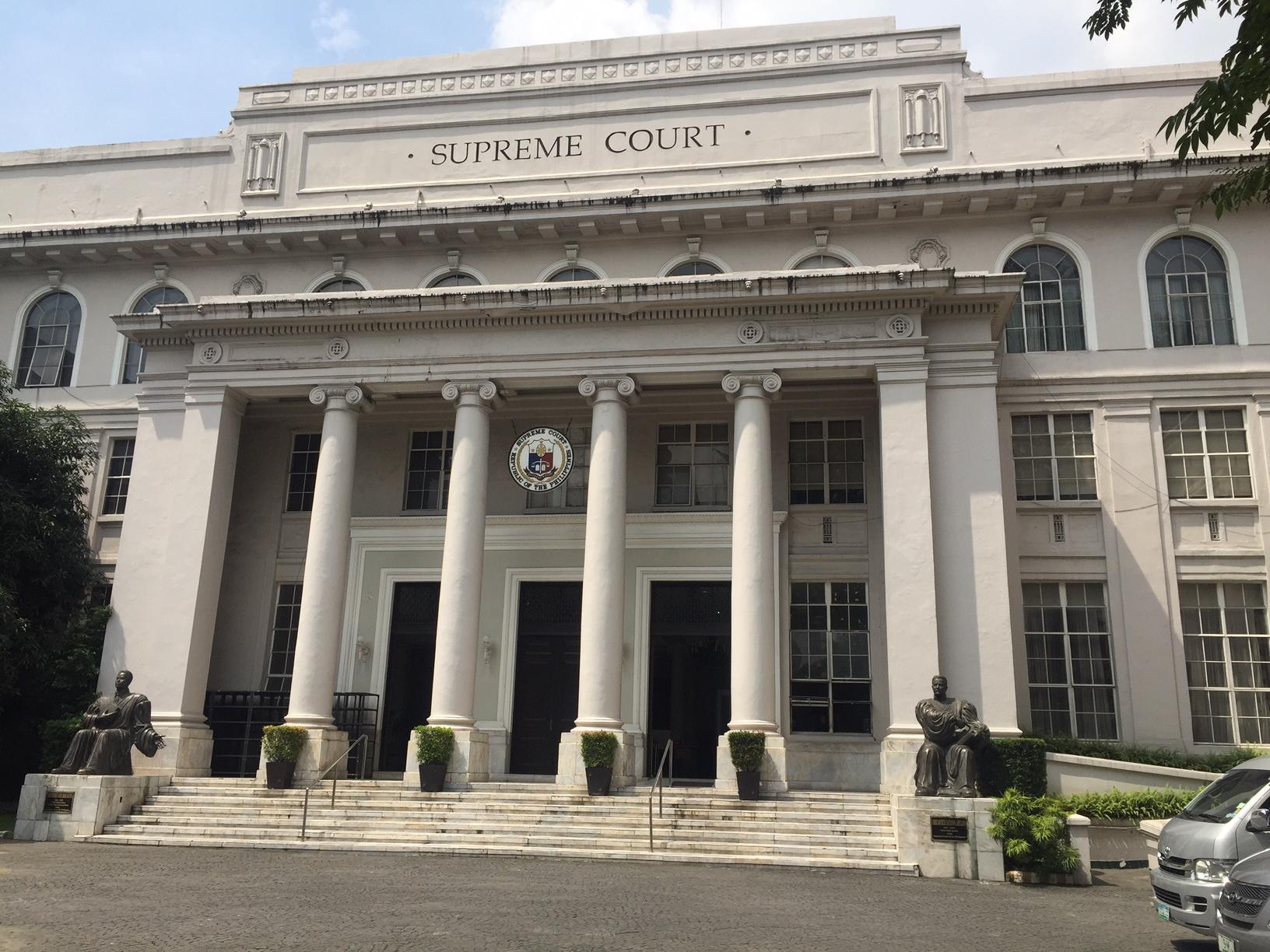SC: 60 hour pro bono legal service aid now required for lawyers

Lawyers will now be required to render 60 hours of pro bono legal service for every three years after the Supreme Court (SC) en banc approved the rules on unified legal aid service (ULAS).
Under the ULAS Rules, indigent Filipinos who have no financial capacity to afford legal services will be eligible to get the aid. It will be free, with other necessary expenses to be charged to a specialized funding to be set up under the rules.
According to the SC, the pro bono service may include representation in court, legal counseling, drafting legal documents, and developmental legal assistance. Lawyers may also participate in accredited legal outreach programs in complying with the mandated service.
Instead of pro bono legal aid service, lawyers may also opt to provide financial contributions to the ULAS Fund, but it may only cover a maximum of 50% of the minimum hours required. A schedule of rates per hour for purposes of the financial contributions will be issued by the ULAS Board.
Registered organizations may aggregate the required minimum hours of their lawyers for purposes of compliance. However, only 75% of each lawyer’s mandatory minimum hours can be aggregated, with the remaining 25% — or 15 hours of the 60 hours minimum — to be personally satisfied by the individual lawyer.
Compliant lawyers are entitled to incentives such as credit units of the Mandatory Continuing Legal Education (MCLE). However, those who fail to meet the minimum hours may be listed as a delinquent member of the Integrated Bar of the Philippines (IBP) and may be deemed ineligible for a Certificate of Good Standing from the Office of the Bar Confidant.
“Nevertheless, all lawyers are afforded a 60-day grace period from receipt of the Noncompliance Notice to comply or otherwise explain any justification for non-compliance. Only if the covered lawyer remains to be delinquent after this grace period can penalties be imposed,” the SC said.
Exempted from the mandatory service are those who are “prohibited from engaging in private practice under the Constitution and statutes, which include those employed in the Judiciary, the Office of the Solicitor General, and government prosecutors of the Department of Justice.”
Also excluded are those in the Public Attorney’s Office, the Shari’ah Public Assistance Office, and those who have been practicing law for at least 35 years or are 60 years of age, those who suffer from certain disabilities, and new lawyers with respect to the Compliance Period at the time of their admission to the Bar. Other government lawyers are covered by the ULAS Rules, unless their request for authority to render ULAS services is denied by the agency concerned.
An ULAS Board, which will be tasked to implement the guidelines, will be also be created under ULAS Rules. It will be headed by the incumbent Supreme Court Justice and will be composed of the IBP National President, MCLE Governing Board Chairperson; Philippine Association of Law Schools (PALS) President; and three active law practitioners representing Luzon, Visayas, and Mindanao.
The first compliance period for the ULAS Rules is set to be from 2025 to 2027 and is intended to synchronize with the 9th compliance period of the MCLE to effectively facilitate the crediting of full ULAS compliance as 15 MCLE units. It will take effect on February 3, 2025, following its complete publication in the Official Gazette or in two newspapers of general circulation.
--VAL, GMA Integrated News




